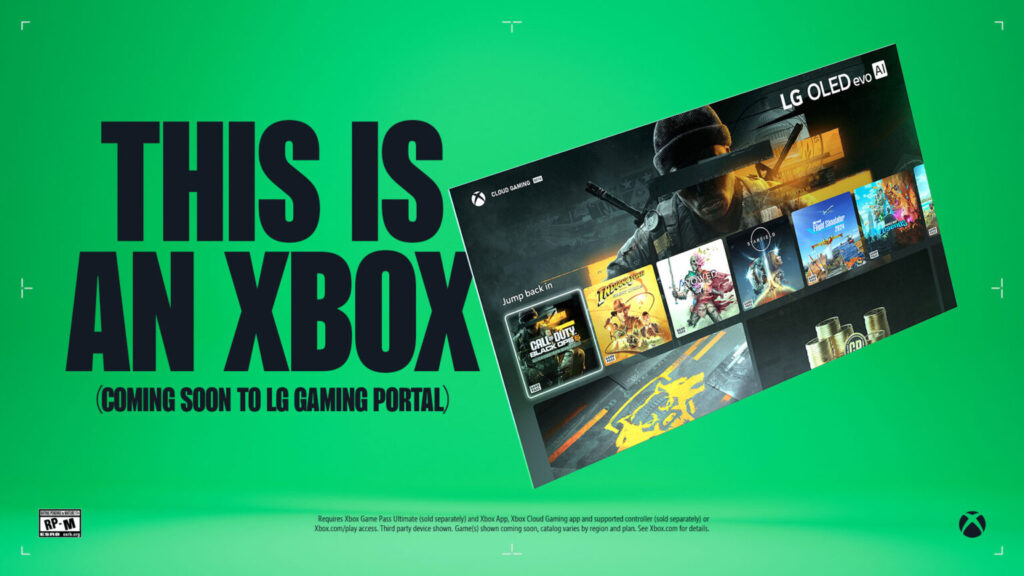
Introduction
In the rapidly evolving world of gaming, Xbox Cloud Gaming has emerged as a pivotal technology, providing gamers with unprecedented access and flexibility. As part of Microsoft’s gaming strategy, this service allows players to stream games directly on various devices, eliminating the need for powerful consoles or PCs. With the growing popularity of cloud gaming, understanding its relevance and implications for the gaming community is crucial.
What is Xbox Cloud Gaming?
Launched in 2020 as part of Xbox Game Pass Ultimate, Xbox Cloud Gaming provides a platform where users can play a vast library of games on devices such as smartphones, tablets, and low-spec PCs via streaming technology. As of October 2023, the service boasts a catalog of over 100 titles, including blockbusters like Halo: The Master Chief Collection, Forza Horizon 5, and Sea of Thieves.
Recent Developments
The past year has seen significant enhancements to Xbox Cloud Gaming. Microsoft has focused on expanding accessibility by allowing more devices to support the service and improving streaming quality significantly with lower latency and higher resolution options. Additionally, the integration of touch controls for many titles has made gaming on mobile devices more intuitive.
Moreover, in 2023, Microsoft announced partnerships with internet service providers to boost bandwidth and strengthen network infrastructure, further enhancing streaming reliability and performance worldwide. This initiative is particularly important in regions where internet connectivity poses challenges for gamers.
The Impact on Gaming
Xbox Cloud Gaming has revolutionized how gamers access titles. Instead of purchasing expensive consoles, users can now tap into the gaming experience via subscriptions. This shift not only democratizes access to gaming but also enables players to try games without committing to full purchases. Furthermore, the ability to play on-the-go appeals to a new generation of gamers seeking flexibility.
However, this transformation raises questions about ownership and persistence—gamers may lose access to titles as they rotate in and out of the library, highlighting a debate over digital rights in gaming.
Conclusion
As Xbox Cloud Gaming continues to evolve, the implications for the gaming industry are profound. The service not only reshapes how we play but also influences the development of games tailored to cloud services. Looking ahead, as technology and internet speeds improve, Xbox Cloud Gaming stands to solidify its position as a key player in the gaming sector, making gaming accessible to an even broader audience while challenging traditional notions of game ownership and distribution. For gamers and developers alike, the future is cloud-bound, offering exciting prospects for interactive entertainment.



